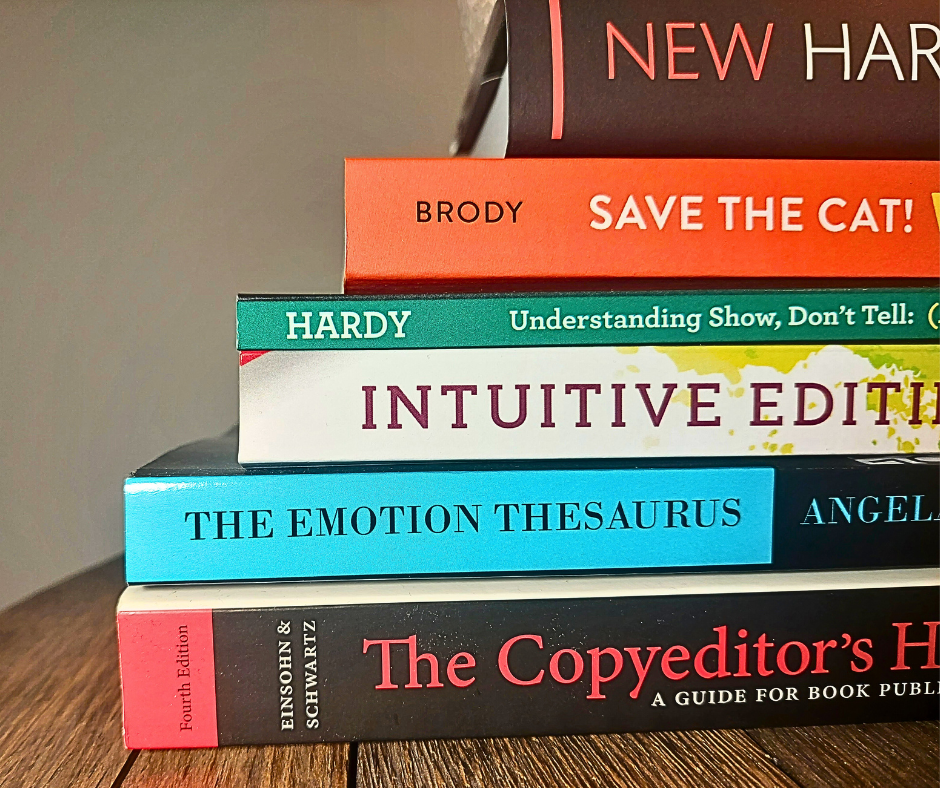
Hi, I'm Nicky
As an editor, marketer and lover of literature, I’m dedicated to helping authors have the best book journey possible.
I started out my editing career in the marcomms role of my day job, polishing everything from press releases and blog posts to annual financial accounts. The business world can get dull after a while though, and after years of dreaming about combining my career with my love of books I finally took the plunge and launched Granite Editorial.
Now I use my editorial knowledge and skills, combined with over 15 years of marcomms experience, to help authors with every step of their book journey from brainstorming the initial idea to promoting the final product.
My Editing Ethos
Not every editor approaches their craft in the same way, and it’s important that the authors I work alongside know how I am going to approach their novel and what to expect when working with me.
Some grammar rules need to die. There, I said it.
Like most of you reading this, I was taught the rules of grammar in school. I was told off more times than I care to remember for splitting infinitives, starting sentences with conjunctions, and just generally making things up as I went along (childhood me liked to rebel through the medium of creative writing). While many of these rules may have a place in non-fiction work, fiction is a much more forgiving landscape and is much more open to the stylistic interpretation of the author.
Think of writing your novel like building a house. There are some things you definitely 100% need, like walls and a roof (or punctuation at the end of a sentence and subject-verb agreement).
Then there are things that can be more subjective, but they work as long as they fit within the style of your house, like your decor. So if you want to include the literary equivalent of a lime-green chandelier in your novel and it fits with your story and author style, then I won’t tell you to remove it — I’ll just make sure it works in the wider context of the novel.
If you are looking for an editor who will mark-up your manuscript in red ink the same way your English teacher in school would, then I don’t think I’m the right editor for you and we should probably part ways here. But if you’re looking for an editor who will prioritise clarity, consistency and author-voice above outdated grammar rules, then drop me a line.

What makes me qualified to help you?
While there are no specific academic or professional requirements to become an editor (technically anyone with a bit of spare time and an interest in books can call themselves an editor and charge for their services), I have carried out extensive training and take part in continuing professional development to make sure I am giving authors the best service possible. Here’s a snapshot of my professional qualifications:
- BA (Hons) Journalism, RGU
- Proofreading, Publishing Training Centre
- Essential Grammar, Publishing Training Centre
- Copyediting, Chartered Institute of Editing and Proofreading (CIEP)
- Intro to Fiction, Chartered Institute of Editing and Proofreading (CIEP)
- Developmental Editing: Fiction Theory & In Practice, Liminal Pages
- Certificate in Strategic Digital Marketing, RGU
- Professional Diploma in Digital Marketing, Digital Marketing Institute (DMI)
